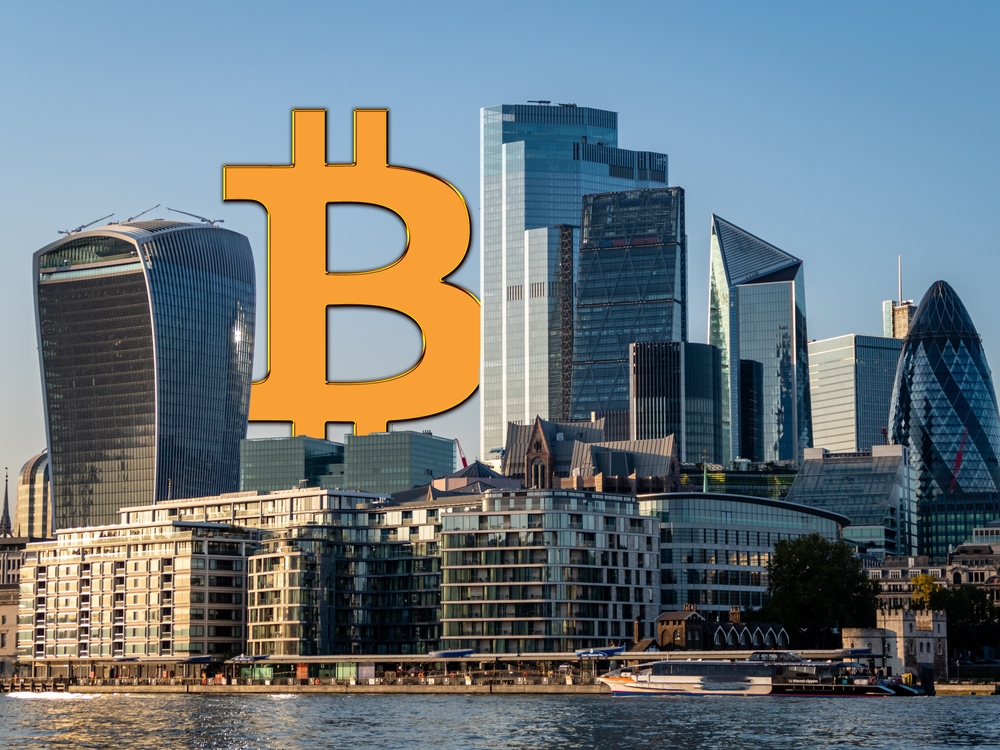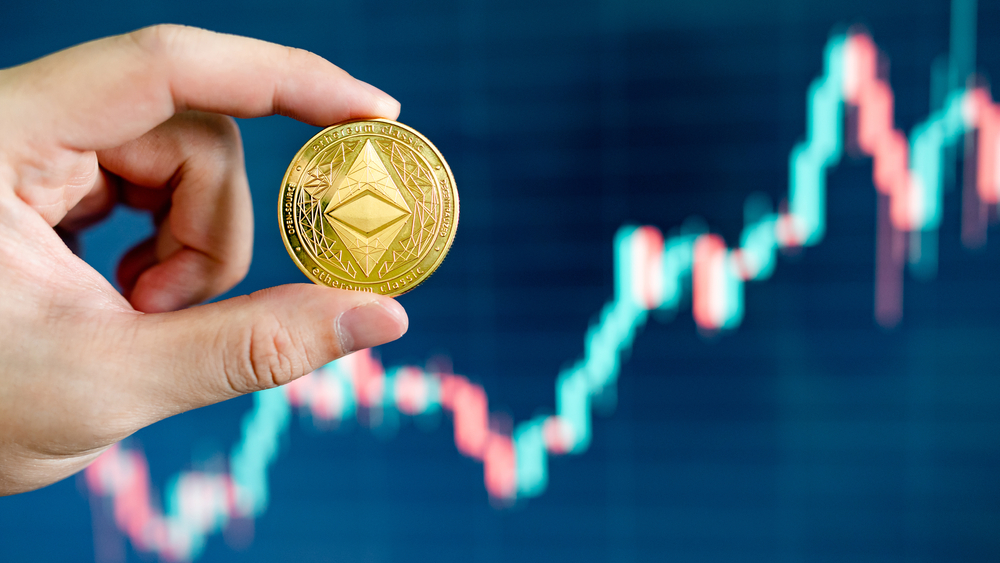Are We at the Bitcoin Bottom Yet?
A new Bitcoin resistance is forming at $20,000 even as many market indicators call investors to buy in. A few analysts made their opinion on the price of Bitcoin known.
Moving the Goal Post
At the time Bitcoin sold over $60,000, the best minds in the financial system said it would not drop under its all-time high price. The same set of people opined that if it fell to $50,000, then it would be an opportunity for investors to quickly buy the dip. Then they moved to say $35,000 was the opportunity for an entire generation to buy. They eventually moved again to say Bitcoin won’t go below $20,000.
And of course, it is another fantastic opportunity to buy the dip. At this rate, one won’t be mistaken to say $10,000 would equally be another once-in-a-lifetime opportunity. But most of the experts are currently quiet and invisible.
Investors are, therefore, left to their instincts to navigate the market and wonder if the market has bottomed or not. Should investors wait to hear if there will be a forecast about $10,000 or now is simply the time to buy the dip?
Having to call a price bottom is usually futile. The important thing is to choose if there is a good enough reason to invest in Bitcoin or not.
Of course, the price has drastically changed, but what is the condition of the Bitcoin network and other infrastructure that surround it? Have they improved so far or have they degraded? This is where investors should build their investment decision so their attention should be focused on it.
Cointelegraph decided to host a Space on Twitter with financial analysts, Colin Harper and Joe Burnett, to understand so of these things. Harper is from Luxor Mining while Burnett is from Blockware Solutions.
The Federal Reserve’s Policy Determines a Lot
Burnett is of the opinion that the US Federal Reserve’s monetary policy and the toll it takes on the stock market affects the price of Bitcoin heavily. He said the macro economy is weighing heavily on the asset. The high consumer price index inflation led to hawkish Fed policies since last November.
The continuous increment in interest rates to fight inflation is obviously also affecting investment in risk commodities, he said.
The relationship between Bitcoin miners and energy giants has taken a center stage this year. Colin Harper was asked what the benefit of this relationship could be to Bitcoin. He said he doesn’t think mining has a good or bad impact on Bitcoin per se. although it might be good in the long term when improves the network’s security and decentralize the activity to different parts of the world.
In the final analysis, regulations and the increasing need for self-security will improve Bitcoin’s growth.










